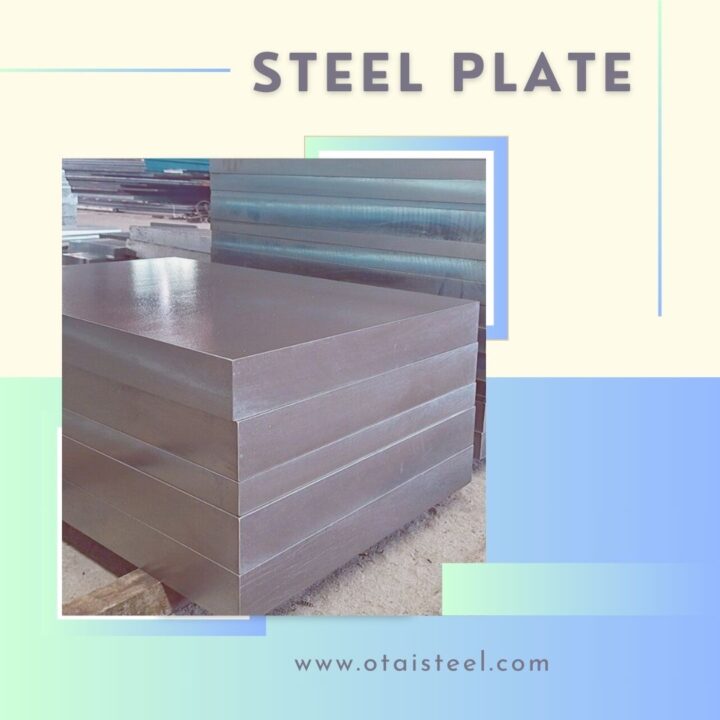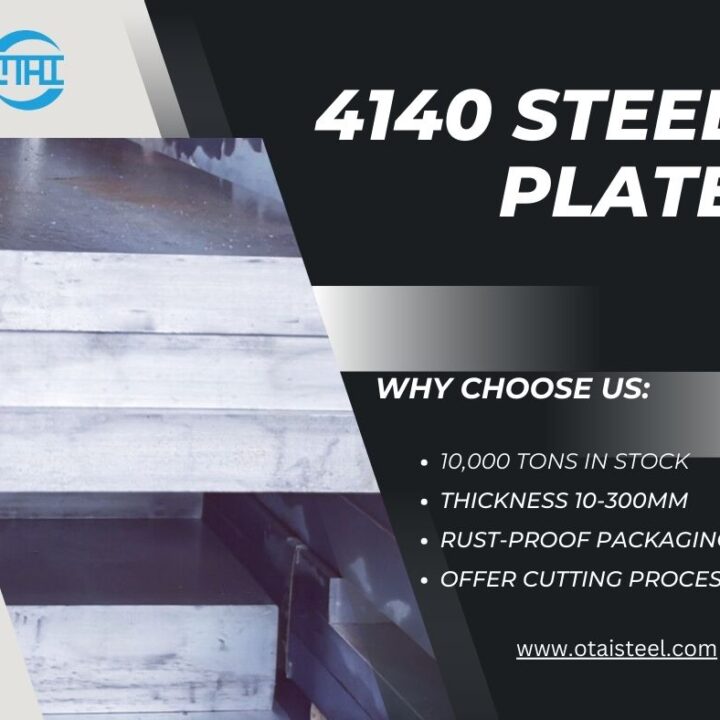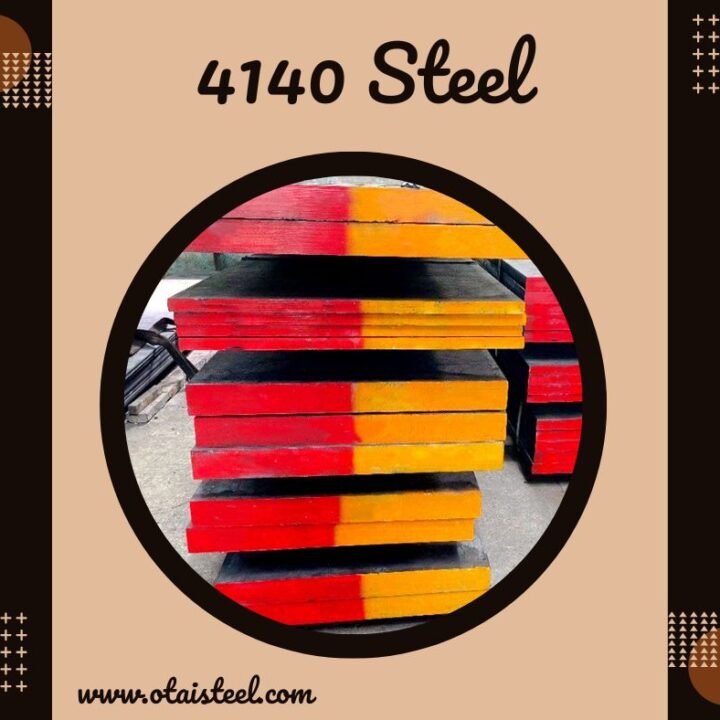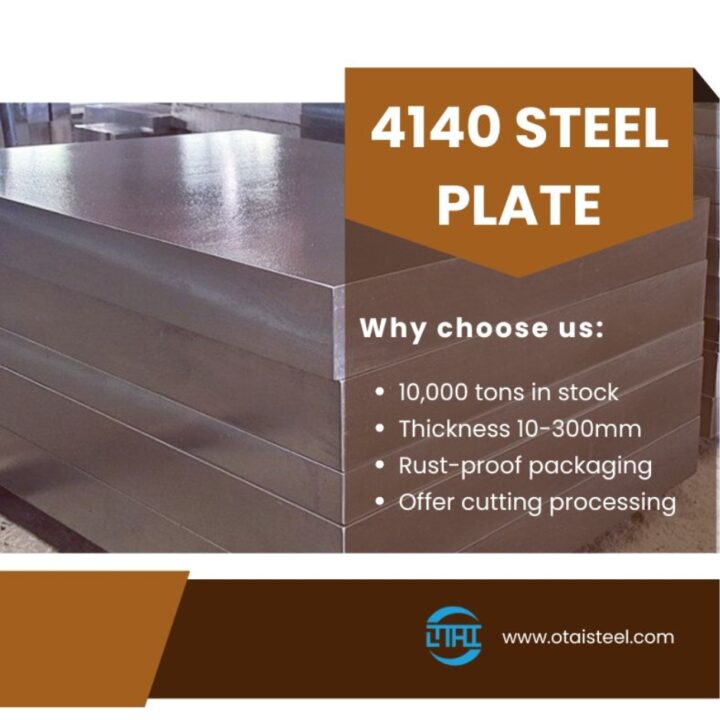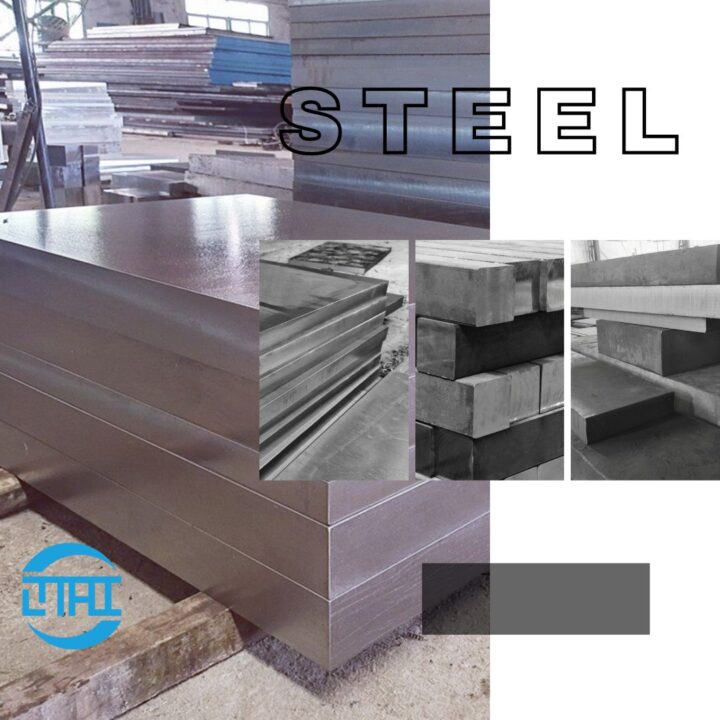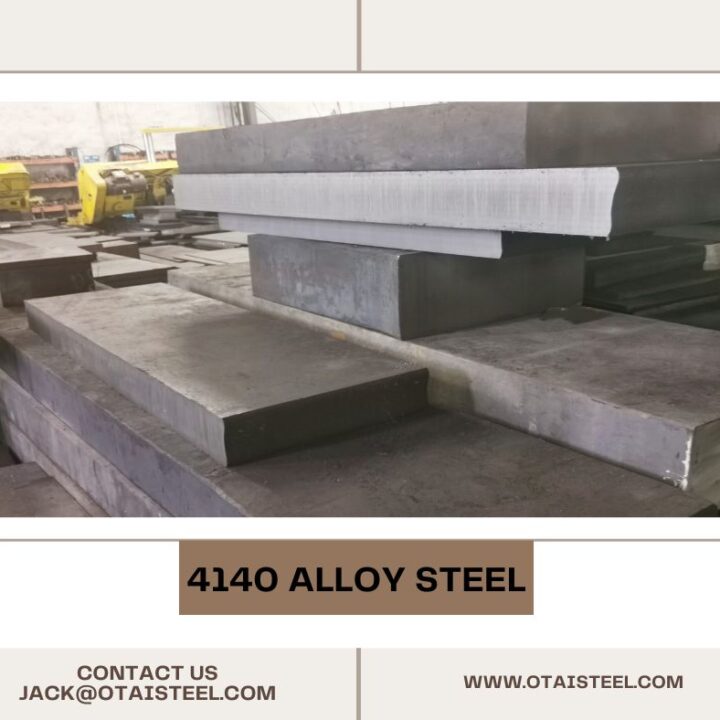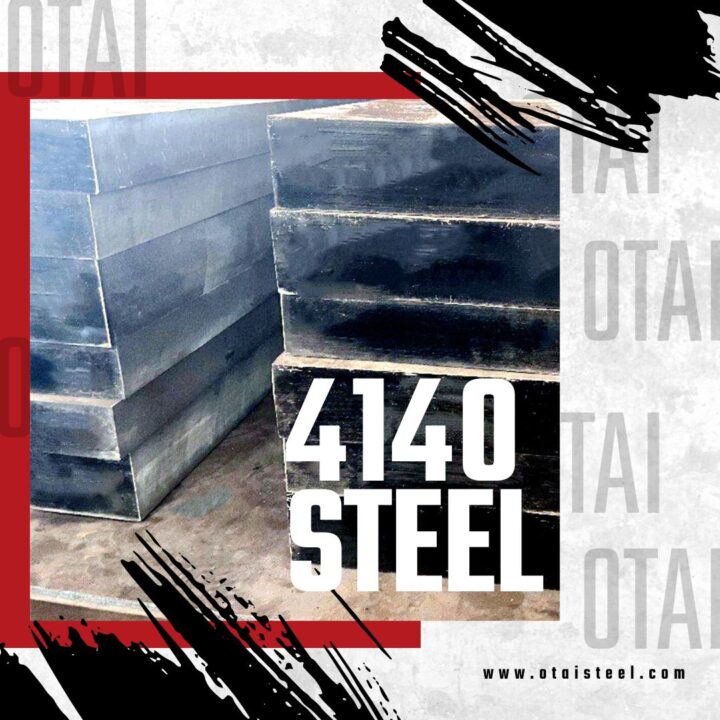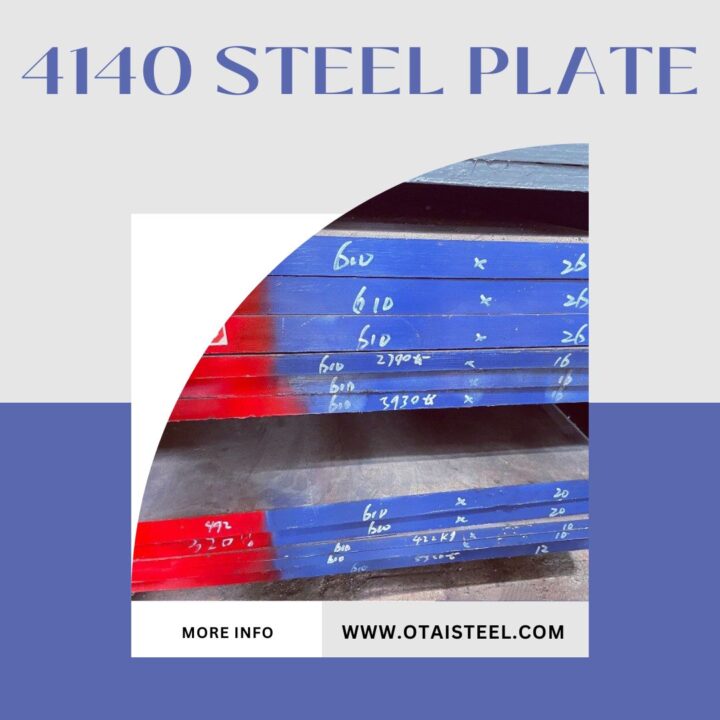When it comes to selecting the right steel grade for a specific application, it’s important to consider factors such as composition, properties, and intended use. Comparing 4140 Steel to H13 Steel to determine which one is the best choice for different applications.
Chemical Composition
4140 steel and H13 steel have different chemical compositions, with varying levels of carbon, chromium, molybdenum, and other elements. These differences in composition contribute to variations in their mechanical properties and performance characteristics.
Mechanical Properties
When comparing the mechanical properties of 4140 steel and H13 steel, factors such as hardness, toughness, and heat resistance come into play. Both steels offer good strength, but H13 steel generally exhibits higher hardness and better heat resistance. 4140 steel, on the other hand, may have slightly higher toughness.
Heat Treatment
Both 4140 steel and H13 steel can be heat treated to enhance their properties. Heat treatment processes like quenching and tempering can improve the hardness, strength, and toughness of these steels. The specific heat treatment required will depend on the desired properties for the intended application.
Machinability
Machinability is an essential consideration when selecting a steel grade. 4140 steel and H13 steel both have good machinability, but H13 steel may require specialized tools and techniques due to its higher hardness. 4140 steel, being a lower alloy steel, offers relatively easier machinability.
Cost
The cost of materials is often a significant factor in decision-making. In general, 4140 steel is more cost-effective compared to H13 steel. The price difference can vary based on factors such as availability, market conditions, and the quantity required.
Choosing the Best Option
When deciding between 4140 steel and H13 steel, it is crucial to consider the specific requirements of the application. If high strength, toughness, and general-purpose use are the primary concerns, 4140 steel is an excellent choice. On the other hand, if the application involves high-temperature environments, such as hot forging or die casting, and requires exceptional heat resistance and wear resistance, H13 steel is the preferred option. (Comparing 4140 Steel to H13 Steel)
